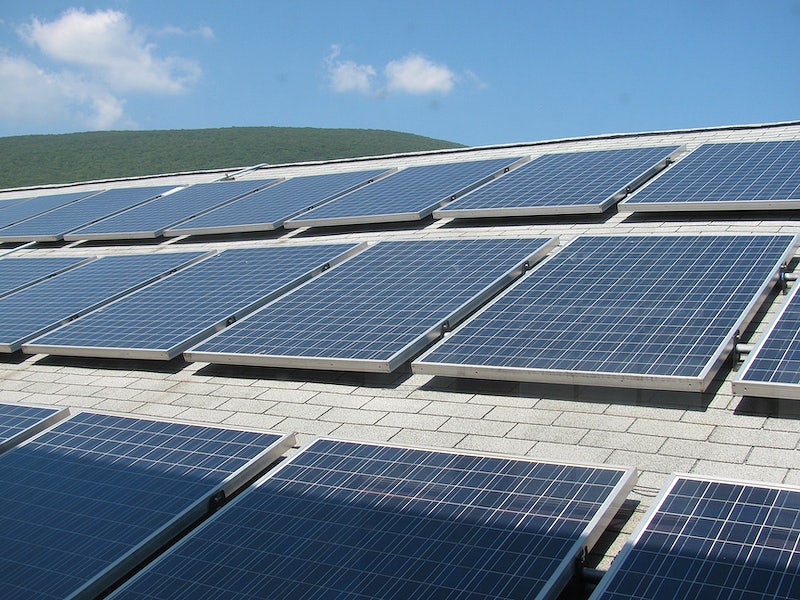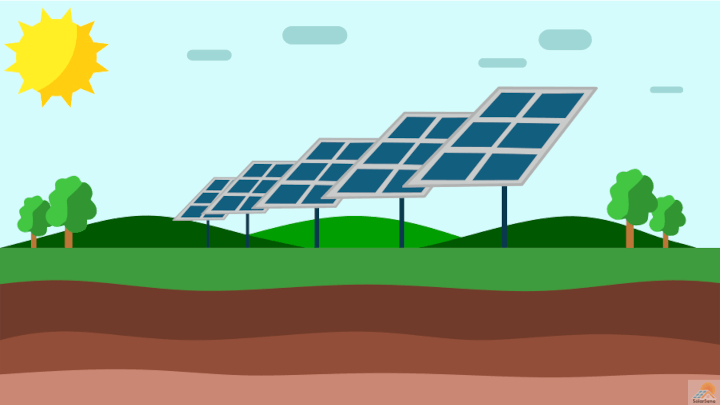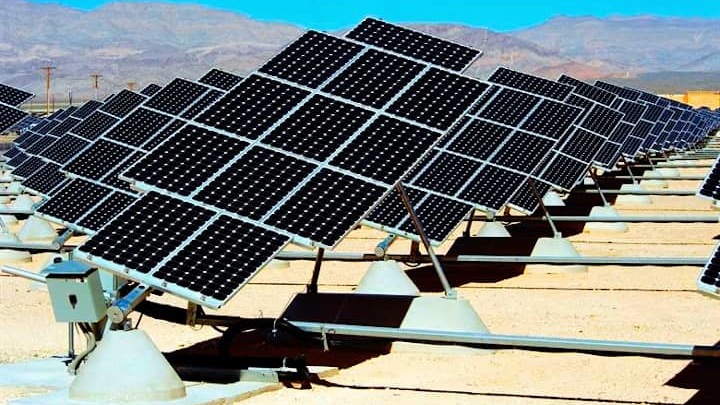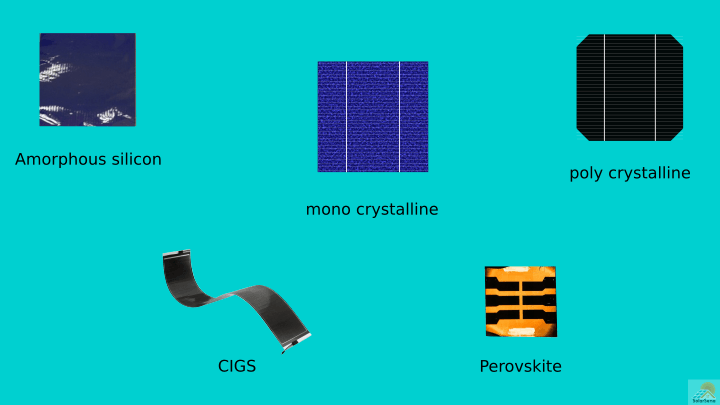Solar panel protective covers are a great way to improve the lifespan, and efficiency of your solar panels. Do you live in a region with frequent snow storms or extended heat waves? If so, you might find solar panel protective covers useful! They’re pretty easy to install, and most types are budget-friendly. Solar panel covers protect your solar panels against several environmental factors that can damage them. With the right ones, your solar panels will be more efficient, and you’ll have less maintenance work. In this article, I share more about solar panel covers and list five types that work. You’ll also read about when and when not to use them.
What Are Solar Panel Protective Covers?
Solar panel protective covers are designed to protect solar panels from environmental factors. They’re also known as solar panel covers or solar panel blankets. These covers are usually made from durable materials like polyethylene or polypropylene. They help increase the efficiency of your solar panels by keeping them clean. Some are designed to reduce the amount of heat absorbed by panels, increasing the overall efficiency of your solar system. Solar panel covers also prolong the lifespan of solar panels by shielding them from physical damage. Different sizes are available. You can also have them custom-made to fit specific solar panel models.
5 Different Solar Panel Covers That Work
You’ll definitely find a protective solar panel cover that fits your needs. Here’s what’s available on the market:
Clear Plastic Covers: These solar panel covers are made from transparent plastic. They allow sunlight to pass through while protecting your panels from dust, bird droppings, and other debris.
Reflective Covers: Solar panel covers made from reflective materials are recommended if you live in a scorching hot area. They reflect sunlight away from panels, reducing the amount of heat absorbed. This practice can increase the efficiency and lifespan of your solar panels.
Solar Blankets: Also known as solar pool covers, these are made from durable materials like polyethylene or polypropylene. They’re designed to protect your solar panels from harsh weather like hail. You might have to get these custom-made.
Fixed-frame Covers: A fixed-frame cover can protect your solar panels from undesirable weather conditions. They’re typically made from aluminum or stainless steel and attach to the frame of solar panels.
Retractable Covers: A retractable solar panel cover can fold over your panels and back when not used. They allow maximum sunlight exposure when sunny but offer protection when the weather changes.
Are Solar Panel Protective Covers Effective?
Solar panel protective covers can be an effective addition to your solar energy system. You should choose a type compatible with your solar panels for the best results. It’s also important that you’ll have an easy time maintaining the covers. You can use solar panel covers in several situations. Here are some instances where they can be particularly beneficial:
Solar Panel Covers Are Effective When the Weather Acts Up
Harsh weather conditions can damage your solar panels and reduce their efficiency. If your region experiences a lot of hail, a solar blanket can protect your panels from physical damage. Reflective covers are helpful in hot climates.
Solar Panel Covers Are Effective in Dusty Environments
Solar panel protective covers can help keep your panels clean if you live in a dusty area. When dust, dirt, or debris accumulate on solar panels, they have trouble collecting as many sun rays as they need. Clear plastic covers can create a barrier and make cleaning your solar panels easier.
Solar Panel Covers Are Effective When Solar Panels Are Not in Use
Retractable solar panel covers can be helpful when your solar panels are not used for extended periods. You should protect your panels during the winter months or prolonged rain. Creating a barrier can prevent damage and prolong the lifespan of your solar panels. It will also stop algae growth.
When Not to Use a Solar Panel Cover
Covers can be useful when your solar panels need protection. But there are times when covering your solar panels isn’t necessary and might even have a negative impact on energy generation. Solar panels are meant to be exposed to the sun. Most manufacturers ensure the panels are durable enough to withstand daily sunlight and possibly damaging weather elements. If temperatures in your area are average compared to most regions, adding a cover over your solar panels might reduce their ability to capture sunlight and produce enough energy for your home.
A little rain can also be good for solar panels. It may even enhance performance! Rain can remove dirt build-up and keep your solar panels clean. Unless you expect harsh rainstorms, hail, or extended snowing, it isn’t necessary to cover your panels.
How Often Will I Need to Replace My Solar Panel Cover?
You should replace your solar panel protective covers whenever they show signs of damage and, if possible, try and use a solar panel recycling company to dispose of your old cover. This will vary depending on the type of cover you have and the environment it’s exposed to. A clear plastic cover exposed to harsh UV rays may need more frequent replacement than a metal cover located in the same area. I suggest inspecting your covers at least once every 6 months to ensure they’re not damaged.
Will a Protective Cover Void My Solar Panel Warranty?
Solar panel manufacturers may have specific requirements or guidelines for using protective covers on their solar panels. If a cover doesn’t meet these, you might void your warranty. It’s important to always check the warranty terms and conditions of your solar panels and the covers you use. If you’re still unsure, you can contact the manufacturer and ask them for recommendations.
Secure Your Solar Panels With Protective Covers
Not all protective covers are suitable for all types of solar panels. It’s essential to research each type before choosing one for your system. The cover you select should be compatible with your specific solar panels and improve their efficiency and lifespan. Solar panel protective covers can guard your solar setup against harsh weather, dust, debris, and bird droppings. But they should only be used when necessary. Was this article helpful? Let me know in the comments! You can also ask any questions you still have there.




